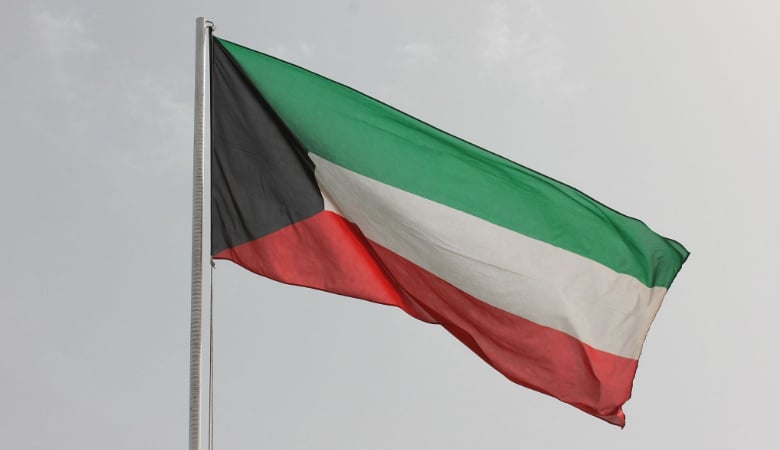Corona Crisis – Kuwaiti Lawmaker calls for remittance tax to plug-in wealth drain

As countries try to revive their economy after months of lockdown since the outbreak of coronavirus, there is a tendency to look more inwards and become self-reliant. Policymakers are looking at different ways to increase revenue for their economies, as business operations remain severely affected disrupted.
A senior Kuwaiti lawmaker, to raise the country’s coffers, has called for taxes on remittances.
Member of Kuwaiti Parliament, Khalil Al Saleh, presented a draft proposal to tax remittances in the Parliament yesterday.
Saleh told a newspaper, “Imposing fees on expatriates’ transfers will have a role in improving the state’s revenues and diversify sources of income.”
According to reports, every year, migrant workers remit about 4.2 billion dinars from the country.
Kuwait hosts about 3.3 million foreign workers. Kuwait’s total population stands at 4.6 million.
According to reports, since the COVID pandemic hit the country, policymakers are relooking at the demographic profile of the nation. With the Corona outbreak in the country, questions have been raised that immigrant workers are straining the health infrastructure.
Earlier this month, the Emir of Kuwait, Sheikh Sabah al-Ahmad, has expressed concerns about “financial solvency” amid the decline in oil prices and lack of oil demand in the country. The value of investment assets is also declining, according to a Reuters report.
According to a report, about 45 percent of businesses have been adversely impacted by corona lockdown in Kuwait. Twenty-six percent of respondents to the survey also added that they are likely to collapse as they have witnessed a sharp decline in revenue after the shutdown.
A large number of businesses from retail, construction, professional services have reported suspension of usual operations.
Kuwait has experimented with partial and full lockdown since March following the outbreak of the pandemic.
However, it may be noted that this is not the first time that the GCC state is debating about the demographic profile. In June last year, another lawmaker Safa Al-Hashem had urged to expel about 2 million foreign workers over a period of the next five years. She had also proposed a 5 percent tax on remittances.
Migrant workers across the Gulf region might face a challenge in their continued stay in the coming months as the COVID crisis continues. Hundreds of them have been sent back.




